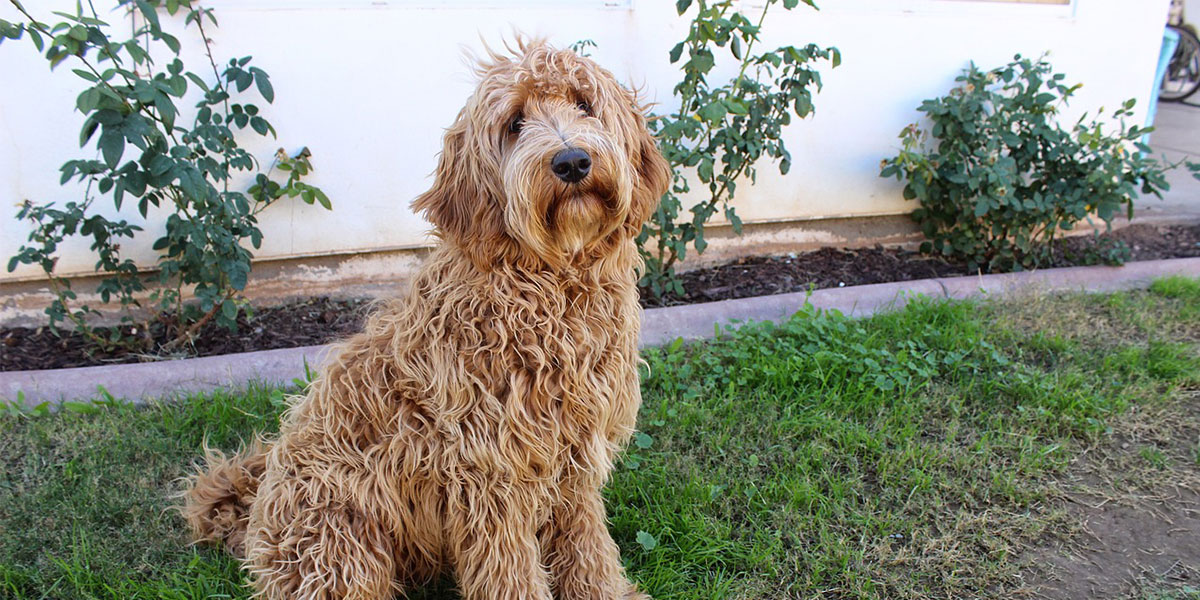Taking too long? Close loading screen.

March 30th
Puppies will get gassy. It’s something that most dog owners have just learned to live with.
But should you ever be worried about your puppy’s flatulence?
In some cases, excess flatulence can point to digestive problems that need to be dealt with. Here, we’ll walk you through all you need to know about your puppy’s gas issues, and show you what you can do so that everyone can breathe easy.
One of the biggest causes of flatulence in dogs is their food. Certain dog food formulas just won’t agree well with your puppy, which can lead to excess gas. Fortunately, this is a pretty easy problem to fix.
Check to see what ingredients are in the food and make sure it’s of a high quality. If it doesn’t pass the quality test, then you should consider upgrading your dog’s food.
Try to put your dog on a different formula and see if the problem persists. Usually the flatulence will go away quickly once you take away the problem foods.
Many dog owners like to slip their puppy something after dinner. Although it’s always great to see a smile on their face, you should avoid feeding your dob from the table if you notice that they are having issues with flatulence.
Many dogs have issues digesting milk, and other foods you should look out for include beans, peas, anything spicy. High fat diets can also cause digestive problems that lead to excess gas.
Another main cause of puppy flatulence can be environmental. Check to make sure your dog isn’t getting their nose into anything when they go outside. Dogs also like to eat their own poop, which can make the digestive problems even worse.
Dogs that sit around or are obese are at a greater risk of getting gassy. Make sure that your dog is getting enough exercise.
Take them on a walk after they eat, so that they aren’t lying around for hours after a big meal. This will help prevent excess gas from forming.
If you’ve checked your dog’s diet and are sure that they aren’t eating anything outside, they may have a digestive issue. Talk to your vet about the problem. They may recommend testing to see if your dog has any issues with absorbing nutrients.
In most cases, your vet will recommend dietary changes that will be easy on your dog’s stomach. This usually involves a low fat and low fiber diet with small portions.
Most cases of puppy flatulence are mild, and pass without issues. But if you notice that it persists for long periods, is particularly foul odored, or is accompanied by loose stool, you should consider dietary changes. And if the problem still won’t go away, call your vet.
Fortunately, most cases will resolve fairly quickly once you identify the problem, allowing you to finally take a deep breath.
Don’t have the perfect puppy yet? Head over to our puppy finder to find your dream companion.
Find the Perfect Puppy